In anticipation for TEED’s Australian adventure with Listen Out (Go in the chance to win VIP tickets!), we caught up with Mr Orlando Higginbottom to talk everything dance music. In the candid interview, we chat all subjects from vinyls, EDM, likes and dislikes, trends to how he got into dance music in the first place!
SR: So how did you get into dance music?
T: Well I wasn’t really into techno music until I started making it. I was really into early drum and bass, and jungle. That was what I got into when I was pretty young; 12 or something, and that’s when I bought turntables and vinyl and started buying records.
I was pretty snobby about it, that would have been the only electronic music that I thought was any good because I thought there was some intelligence in the drums because the drums changed all the time, where as when I heard house music which was just like a four four kick, I just thought ‘this is for idiots’. But I think you can forgive me for being a little shit now.
SR: You’re a classically trained musician, how do you think that impacts on the music you’re making today?
T: I think if you’re a musician, or if you’re anything, the more you know about your subject the better. There’s this myth that a lot of pop musicians come up with that’s sort of like ‘oh I haven’t even learnt how to read music’ or ‘I never learnt how to play the piano and I think that’s really cool’.
Well yeah it’s great that you can still do something, but you’d be even better if you did learn how to play the piano. I mean if that’s your subject then you should learn as much about it as possible. It’s everything really. So yeah, it gives me some perspective and practical skills and I’m aware of the beauty of music, instead of being aware of ten years of shit pop music.
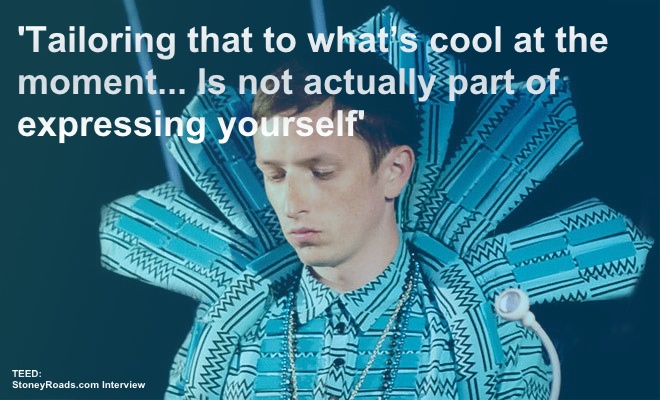
SR: You’re renowned for staying away from trends, why is that so important to you?
T: That’s a big question. I mean if you’re a creative person and you’re trying to express yourself, then tailoring that to what’s cool at the moment or what everyone is into is not actually part of expressing yourself, and that’s just going to restrict what you’re trying to do.
Also often it’s a silly thing; three or four artists do something really great and really fresh that sounds kind of the same and then everyone else just copies it which is just kind of ugly really. I just try to keep myself to myself and that’s by doing what I like doing.
SR: We’ve seen electronic dance music explode, do you have any predictions for where it’s going to go next? Do you think it will maintain that popularity or phase out?
T: I think if you look at it in a slightly broader way with electronic music, I think it’s going to stick around for a long time, by which I mean, it won’t disappear in the next five years. I think America certainly has further to go with it and I think Europe will take on some of the American ideas.
You know the whole EDM thing, it’s not as rubbish as everyone thinks it is, it’s actually really fun. I think Australia’s having a great time with dance music as well, so I think what you’ve got is something actually very powerful and easy to stage, easy to put over a big sound system and immediately works with a big crowd, so it’s going to stick around for a bit.
SR: What do you like about the industry you’re in, and what do you dislike?
T: (Laughs ) I like music and I like sharing music with people. It’s fun releasing music in a way that’s getting into people’s ears. The industry however, is where people try and make money out of music, so that tends to become a pretty ugly thing that I don’t really like. I could kind of write an essay about that so I’ll stop right there.
SR: Trouble was a huge success, what’s in the next chapter for TEED?
T: I’ve been doing a few collaborations and a lot of production; I’ve produced quite a lot of the Banks album that’s coming out. I’ve got a couple of kind of dance floor things that are my own that are collaborations with people that …… then on top of that I’m working on my next album.
SR: What impact did you want ‘Trouble’ to have and what are you aiming for with future projects?
T: Because that was my first album, I just really wanted to get as broad of an idea of my music out as I could, so it was a long album with lots of different things on it and that worked for me.
Now I think there is a different aim which is really to kind of take the sound somewhere, you know really push it in a direction. I don’t want to say too much about the second album because it will change massively before it comes out but I’m exploring things in a different way, which is very different to the way I did my first album.
SR: What’s the sort of process you go through when creating new music?
T: Just for me, which is different from when I’m writing and producing for someone else, I just kind of go with an idea as far as I can, even if it feels like it’s super cheesy or if it’s going to work as a kind of eighties thing, I just kind of take it to it’s maximum point of potential and then normally I forget about it for a bit and I start a new one.
To see TEED DJ live in your city, buy a ticket to Listen Out!
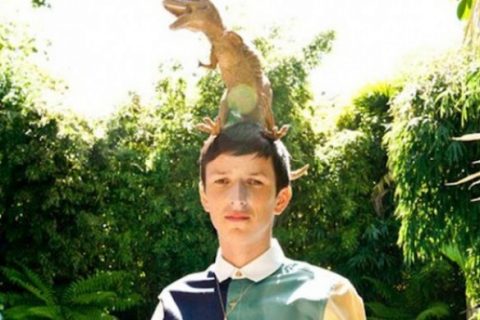
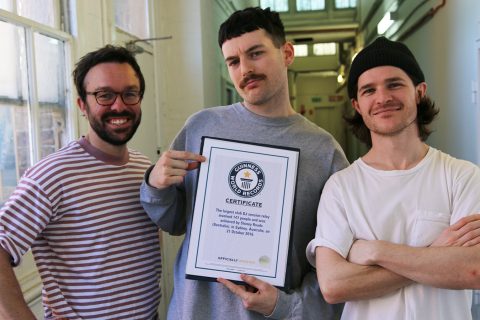
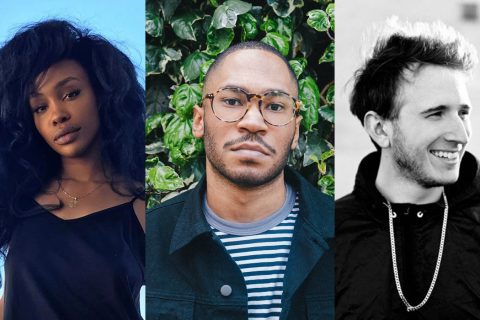
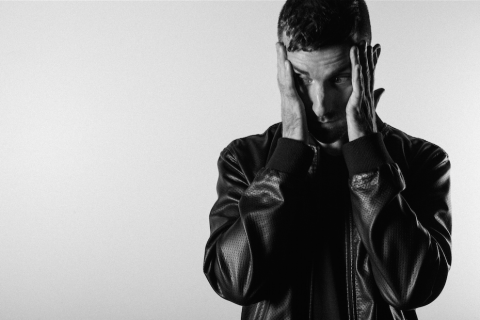
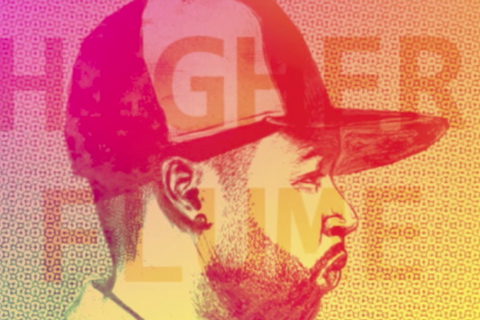
Comments